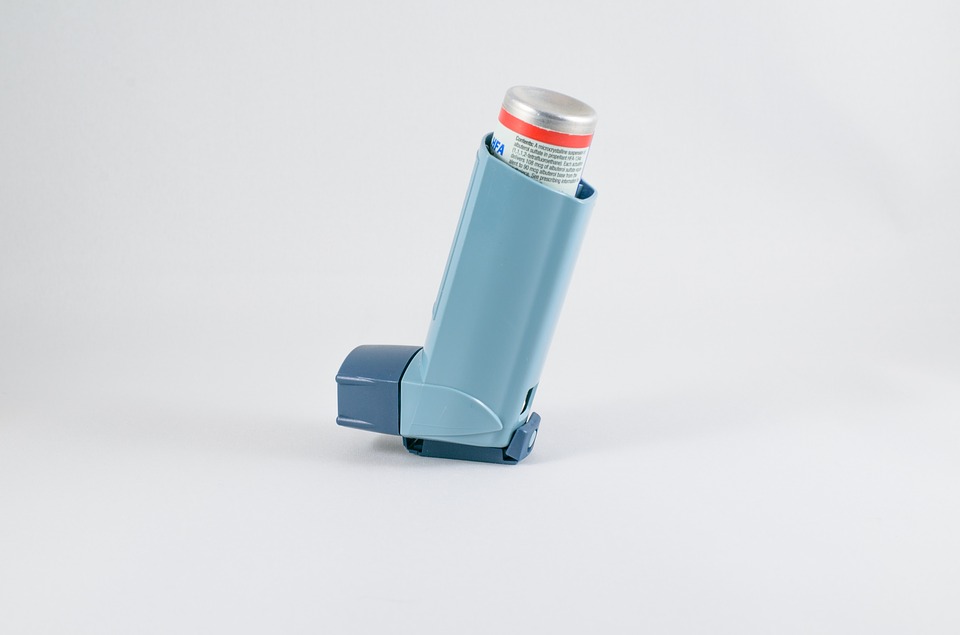Asthma results in difficulty in breathing, cough, excessive mucus secretion, and wheezing sounds during breathing.

An episode of asthma can be induced by a variety of triggers. Broadly, they can be categorized into two types: external triggers and internal triggers.
A vast majority of asthma triggers are external – exposure to an allergen. Pollens, dust mites, cockroach parts, and the dander of rodents or of other animals are known allergens that affect many individuals. Another category of common allergens include pollutants in the air. Smoke from charcoal grills or open fires, strong fumes of chemicals such as gasoline and paints, or even strong scents of perfumes and soaps may induce irritation of airways in certain people.
Food ingredients comprise another category of external asthma triggers. Several people have been reported to be allergic to food substances such as peanuts, soy, eggs, shrimp, cow milk, fish, wheat, and certain fruits.
Strenuous exercise is also capable of inducing asthma by causing airway constriction (also referred to as “exercise-induced bronchoconstriction.
In some patients with very sensitive respiratory systems, even minor changes in weather or climatic conditions such as a drop in temperature, rise in altitude, or change in humidity levels can induce severe asthma episodes acutely.
While most triggers for asthma are external, there are a few which are internal, and these may often be ignored while analyzing the condition’s etiology.
Expression of strong emotions is often associated with asthma. Intense anger, excitement, crying, as well as laughing may aggravate airway constriction. Crying also causes stuffiness of the nose in most individuals, and thus makes it more difficult for them to breathe.
ref: https://www.news-medical.net




